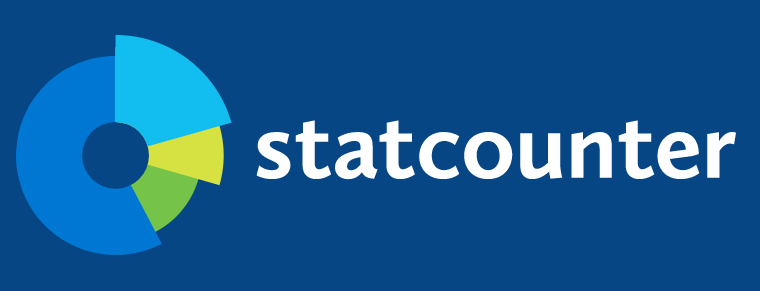Evaluation of the green open space policy of bekasi city in achieving development indicators (sustainable settlements)
Abstract
The objective of this research was to evaluate the green open space policy of Bekasi City in achieving development indicators (sustainable settlements). It was a qualitative research with evaluation method conducted in the City of Bekasi, West Java in 2018. The data were collected through participant observation using interview, observation, and document study. The data was analysed and interpretated through (1) Data reduction, sorting, concentration and simplification of "rough" data, abstracting, and information that emerge from written records in the field: (2) Display data, try to present data and the whole picture and certain parts of the research; (3) Conclusions and verification, search and find meaning for the data collected by looking for patterns of relationships, similarities, differences and the systems. The findings of the implementation have been carried out but must be revised to adapt the development of the central government, named the National Strategic Project. Green open space in the City of Bekasi will be increased every year to 0.15% in a sustainable manner so that green open space can be consistently distributed throughout the City of Bekasi.
Keywords
Full Text:
PDFReferences
AG, Subarsono. 2010. Analisis Kebijakan Publik Konsep Teori dan Aplikasi. Yogyakarta: Pustaka Pelajar.
Asian Development Bank. 2012. Green Cities. Philippines: Asian Development Bank.
Byrch Christine, Kearins Kate, 2009. Research Business Review. Sustainable Development: What Does it Really Mean? The University of Auckland Business School: The University of Auckland.
Carl J. Friedrich, 1963. Man and His Government (New York: McGraw Hill.
Daniel L. Mazmanian and Paul A. Sabatier, 1983. Implementation and Public Policy, New York: Harperolins
Djudju Sudjana, 2008. Evaluasi Program Pendidikan Luar Sekolah. Bandung: Remaja Rosda Karya.
Eko Budihardjo dan Djoko Sujarto, 2013. Kota Berkelanjutan (Sustainable City). Bandung: Alumni.
Harold D. Lasswell and Abraham Kaplan, 1968. Power and Society New Haven: Yale University Press.
Jody L. Fitzpatrick, et all, 2004. Program Evaluation: Alternative Approach and Practical Guidelines, 3rd Edition. Boston: Pearson Education, Inc.
Krikpatrick. 2006. Measurement in Education. New Jersey: Englewood-Clifs Prentice Hall.
Prof. Dr. Ir. Ali Kabul Mahi, M.S dan Dr. Sri Indra Trigunarso, S.K.M., M.Kes. 2017. Perencanaan Pembangunan Daerah: Teori dan Aplikasi. Depok: Kencana.
Riant Nugroho D. 2011. Public Policy: Dinamika Kebijakan-Analisis Kebijakan-Manajemen Kebijakan. Jakarta: Elek Media Kamputundo.
http://www.medcofoundation.org/mengenal-ruang-terbuka-hijau (15 Februari 2018, 19:00 wib)
http://www.euro.who.int/__data/assets/pdf_file/0010/342289/Urban-Green-Spaces_EN_WHO_web.pdf (24 September 2018, 13:30 wib)
DOI: https://doi.org/10.30872/jmmn.v11i2.5265
Refbacks
- There are currently no refbacks.
Copyright (c) 2019 Najmuddin Najmuddin, Sucahyanto Muzani Jalaluddin
Editorial Address
Jurnal Manajemen
Faculty of Economics and Business, Mulawarman University
Jl. Tanah Grogot No.1 Samarinda Kalimantan Timur 75119
Email: jmmn.feb.unmul@gmail.com
Statcounter: Jurnal Manajemen


